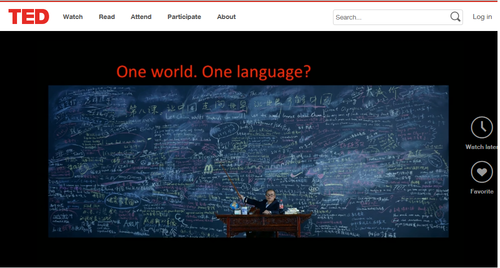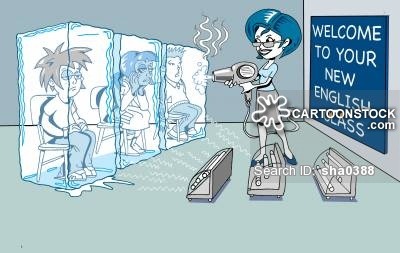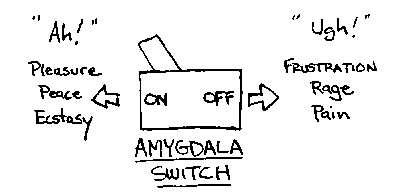English is fast becoming the world’s universal language, and instant translation technology is improving every year. So why bother learning a foreign language? Linguist and Columbia professor John McWhorter shares some desirable benefits of learning an unfamiliar tongue.
He says that gradual consensus is becoming, that language can shape thought. But that it’s not a matter of giving us a different pair of glasses on the world! What seems clear, is that if you want to become part of a culture, you have to control to some degree the language that the culture happens to be conducted in. That is their code!
“It’s been shown that if you speak two languages, dementia is less likely to set in”, he adds. So bilingualism is healthy!
“Languages are just a lot of fun”, he says! They have different word orders. “Learning how to speak with different word order is just like driving on the different side of a street if you go to a certain country”.
There’s never been a better time to learn a new language, with this wide variety of resources available! “It won’t change your mind, but it will certainly blow your mind!”
Read and work on the transcript here.



